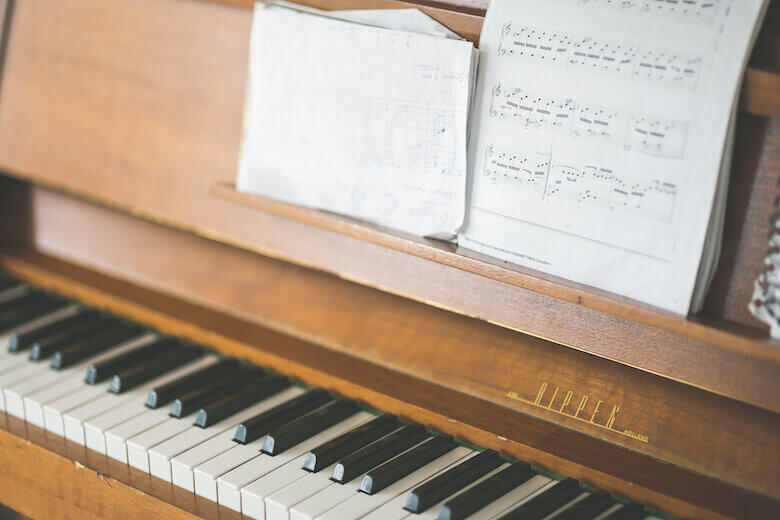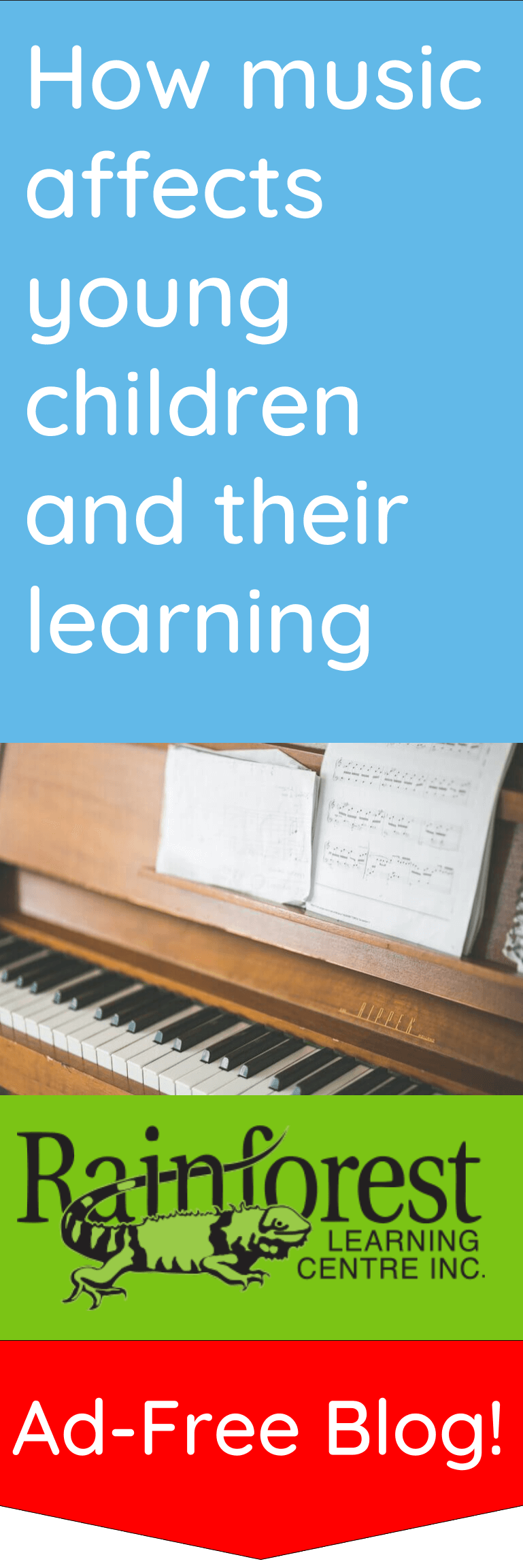
Did you know that music has been studied, and shown to have a significant impact on children and their learning? Specifically, it can affect a child’s brain development. So, while music may seem an unnecessary art form, or a skill that’s just ‘nice to have’ for some kids, it may be more than that. It may affect a child’s ability to comprehend educational subjects and communicative environments later in life.
In this article, we thought we’d delve into how music affects young children and their learning, specifically its benefits.
Playing a musical instrument changes kids’ neurology and speeds up brain development
To summarize this article:
https://news.usc.edu/102681/childrens-brains-develop-faster-with-music-training/
Through at least one study spanning years, and using brain imaging technology (like MRI machines), musical skill is shown to enhance brain development, especially in the comprehension of sound. But sound is where other skills begin: like language skills, for instance. So this could mean more than just being able to determine pitch for musical skill itself. There are even physical changes noticed in the brains of groups who had musical training and exposure.
Music can make kids smarter
According to this article:
We see that learning music affects learning in other parts of a child’s life. Overall, aside from creativity, it can affect their IQ, and even their motor skills. Things like being able to think complex thoughts, or remember things are improved by musical ability. And, it makes sense that learning music can help with learning math; music has many mathematical applications, and can make a math lesson a ‘real life’ need, instead of ‘useless’ information.
Learning music improves literacy and schooling ability
To continue the above, there is also this article:
http://time.com/3634995/study-kids-engaged-music-class-for-benefits-northwestern/
It explains that learning to play a musical instrument – not just listening to music – can affect how well a child can be schooled. Learning to play music made students more engaged in their academic activities. In one group, this resulted in a spike of kids who ended up going to college, despite high dropout rates among those in their communities.
Playing an instrument results in more ‘brainy’ talents than other skills kids can learn
TedEd has an amazing video and resource explaining ‘How playing an instrument benefits your brain.’ You can view it here:
http://ed.ted.com/lessons/how-playing-an-instrument-benefits-your-brain-anita-collins#digdeeper
As the video explains, playing an instrument ‘lights up’ all of the brain – not just specific parts related to some skills. And playing music is different than just listening to music, as mentioned above. It also makes connections between hemispheres in the brain, making music players possibly better at problem solving and deciphering messages. Musicians have to be strategic and detailed, and that can affect their overall skill in these areas in other applications. And, memory is also improved when learning music. Just like exercise, practicing music can continuously strengthen parts of the brain involved in playing an instrument, which is a lot!
What about other artistic abilities or talents? The TedEd video above does explain that learning to play an instrument is still superior than other arts or sports activities, when it comes to the specific benefits noted above.
Musical experiences with toddlers improve social skills and emotions
In this article:
https://www.uq.edu.au/news/article/2015/09/jamming-toddlers-trumps-hitting-books
We see that having “shared” music time between toddlers and parents can improve emotional and social skills, among other benefits. It can do this by helping kids expand their communication ability, pay attention longer, and control their emotions.
Music has benefits at different ages of kids’ development
In this article:
We see that music can be beneficial to children and their learning in different ways as they age. While it may not all be related to cognitive development, music can help kids learn subjects or express themselves. For example, memorization can be encouraged by singing rhymes or repetitive songs with children. In the teen years, music preferences help kids form bonds with peers, often putting them in ‘groups’ of people who have similar tastes.
Looking for more ways that music affects young children and their learning?
While we couldn’t verify every single source listed in the article below, we did find the article interesting as a starting point for more research on this topic:
http://www.raisesmartkid.com/all-ages/1-articles/16-the-effect-of-music-on-childrens-intelligence
Of course, there are other articles on the web to peruse, and we encourage having a read through some of the interesting links we’ve mentioned in this write up on music and kids’ learning.
With all of the information shown above, it is clear why any great daycare program or school curriculum should incorporate musical learning, to some degree. Of course, schools and daycares can only go so far when teaching music. To really develop this talent in a child, a professional music program should be considered.
See more on our blog:
